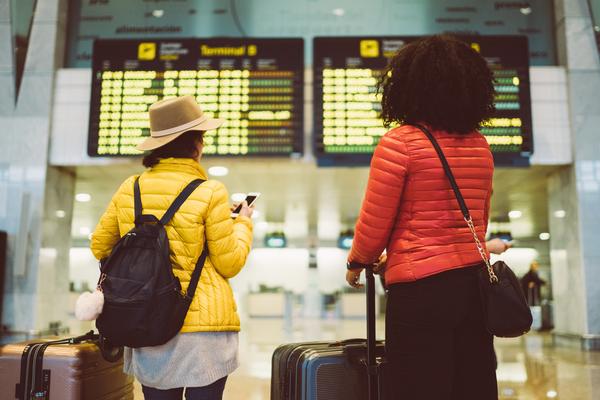The global tourism industry is expected to achieve 80 per cent of the pre-pandemic turnover this year, revealed a report by Statista at the virtual ITB Berlin Convention (March 8 to 10). A significant improvement was already noticeable in 2021: a 36 per cent rise in growth compared with 2020. According to Statista’s Mobility Market Outlook (MMO), last year the industry achieved a global turnover of around Euro 260 billion. This year, the figure will probably exceed Euro 353 billion, at 46 per cent rise, the highest growth rate in recent years.
According to the MMO experts, a full recovery will not be achieved until 2024.
The coronavirus pandemic has significantly impacted travel behavior over the last two years and will continue to do so in the near future. But which developments and trends will endure? Statista’s February 2022 Global Consumer Survey (GCS) of more than 2,000 interviewees reveals the market’s trends and what to make of them.
Travelers want greater flexibility
Since the pandemic began, flexibility has become an absolute ‘must’ in the tourism industry. Whereas in 2019 a majority of travelers in Germany took over three months to decide on an international trip, now 28 per cent of tourists take one to three months, and less than 25 per cent need less than four weeks even. Compared with pre-pandemic levels, trip cancellation insurances have increased by almost 10 per cent, while termination insurances have even risen by 20 per cent.
The fact that customers want to be flexible is reflected in the use of online booking apps, which compared with 2019 has grown by more than 40 per cent. This desire for flexibility was already evident in domestic tourism before the pandemic. According to GCS, more than half of German travelers decided on domestic trips a maximum of three months before traveling.
Destinations attracting more young people
As a result of Covid there has been a sharp rise in domestic tourism . According to Destatis, in June 2019 German visitors accounted for 84 per cent of overnights, while in June of both 2020 and 2021 the figure was 94 per cent. While foreign tourists returning will lower this figure, the under-thirties are making a significant impact. The GCS shows that domestic tourism is more popular than ever. Next year, more than 38 per cent of travelers aged under 30 aim to travel in Germany, an increase of almost 25 per cent. Overall, 72 per cent of German travelers are planning a domestic trip over the next 12 months. In 2019 the figure was 39 per cent. 12 per cent mention sustainability as the reason for a domestic trip, while 37 per cent say that holidaying in Germany is just as exciting as going abroad.
Smart accommodation, AI and recognition technology
More than half of all travelers claim to be interested in new technology on future trips. 21 per cent of tourists from Germany, the US and UK say they are interested in smart home devices. Slightly fewer are interested in recognition technology, VR and AI-based personalized travel recommendations. The success of the startup The Hotels Network shows how important personalization is. According to the business information platform Crunchbase, the company has already received more than $15 million in financing and says it is working with over 12,000 hotels worldwide. With the help of predictive personalization through its own online channel, The Hotels Network wants to improve services and increase sales.
Workations are the new trend
For certain city dwellers in particular, a new reason to take holidays has emerged besides the usual reason for travelling like family visits and sightseeing, and that is work. This means working from anywhere, or taking a workation. Last summer Sundar Pichai, CEO of Google, popularized the concept with a much-publicized email, stating that every employee was entitled to up to four weeks of workations. Since then the global volume of online searches has doubled. As a result a new type of customer has emerged, who with entirely new needs and a behavior unlike that of business travelers is potentially creating a new market.
What does the war in Ukraine mean for tourism?
According to UNWTO, in 2019 Ukraine and Russia’s combined expenditure on outbound tourism amounted to around 3.2 per cent of the volume worldwide. The neighboring eastern European countries accounted for around 1.8 per cent of the global total. In 2019 spending worldwide totaled around $1.5 trillion. In 2019, Ukraine and Russia accounted for a combined 2.6 per cent of a total of 1.5 billion international tourist arrivals, with their neighboring eastern European countries at around 5.3 per cent.


